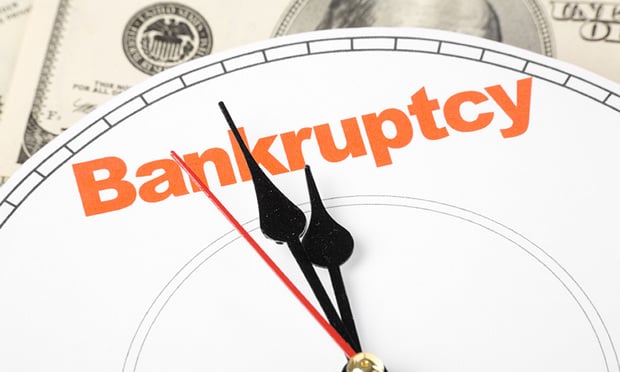The recent rash of Chapter 11 filings deemed to be “prepackaged”—the secured lenders “purchase” the company in an equity for debt swap that’s often the result of a failed leveraged buyout (LBO)—highlights the perils and pitfalls facing trade vendors, unsecured creditors and shareholders of a leveraged buyout entity. In many cases, the rights of unsecured creditors and shareholders are wiped out.
While most leveraged buyouts have some unique aspect with respect to capital structure, the common element of an LBO is the use of the value in the company’s assets to finance a purchase by a hedge fund or venture capitalist. The shareholders of the target entity almost always receive cash for their shares far in excess of then–current market value (which insures their acceptance of the offer). More importantly, the purchaser uses debt secured by the assets of the company to finance the purchase. In some instances, 10 percent or less equity needs to be invested in order to finance the purchase.



